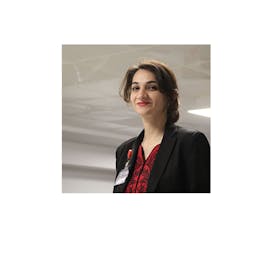HEALTH SUPPORT GROUPS & TECHNOLOGY
Jan 21, 2015
First story
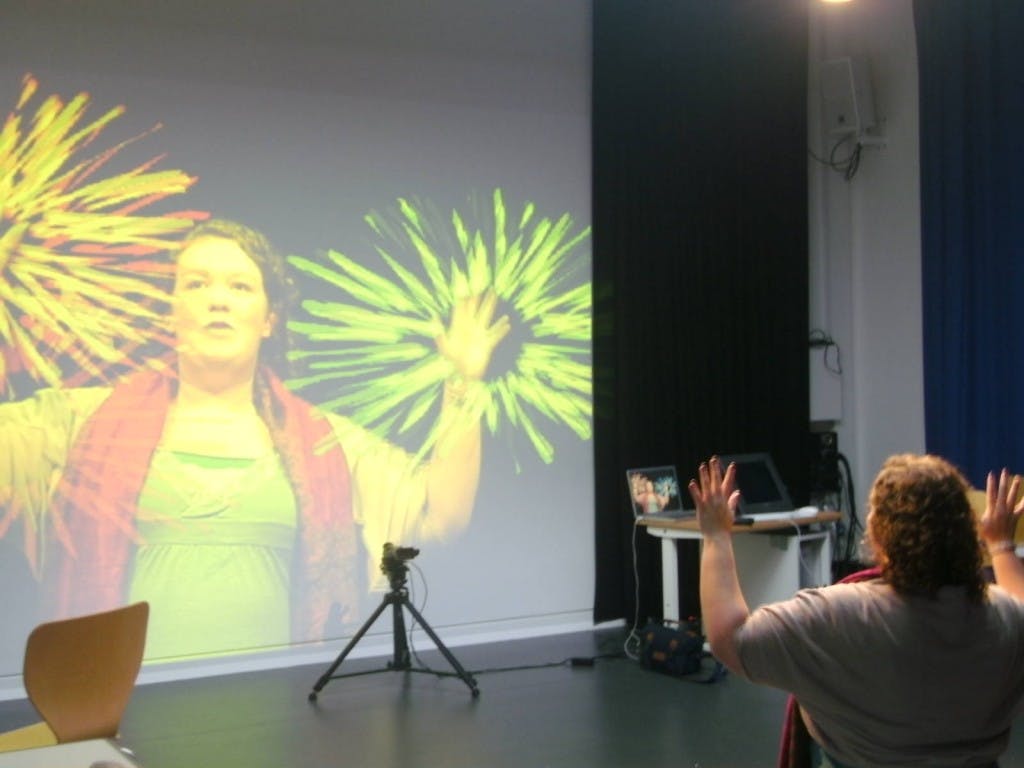
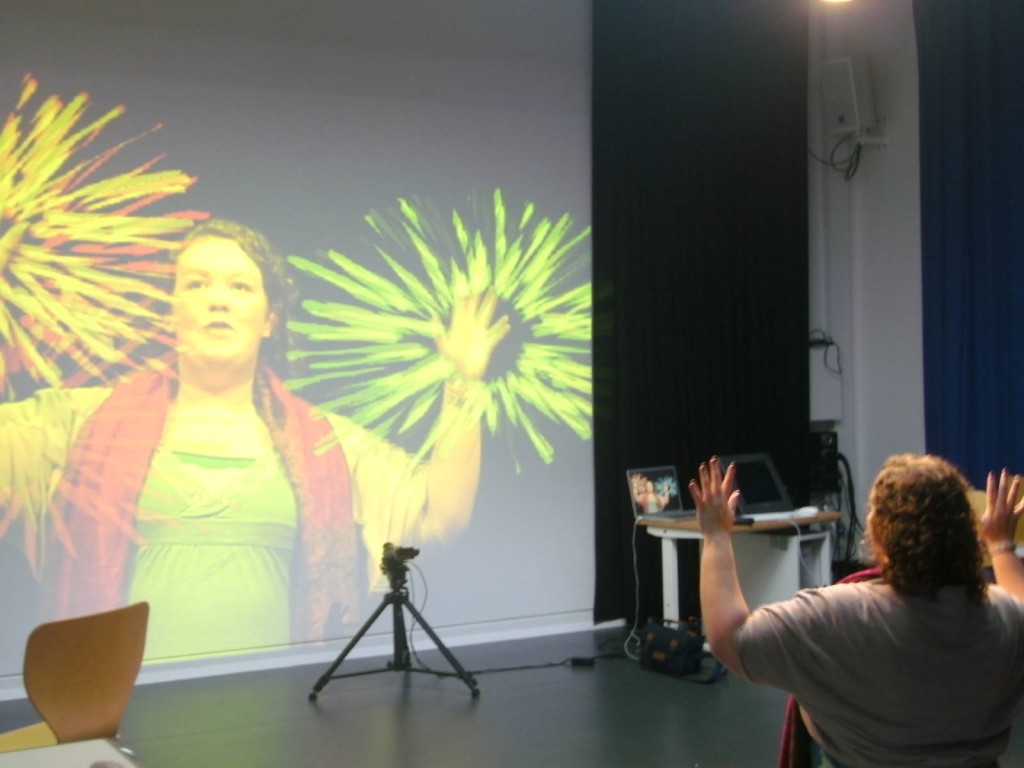
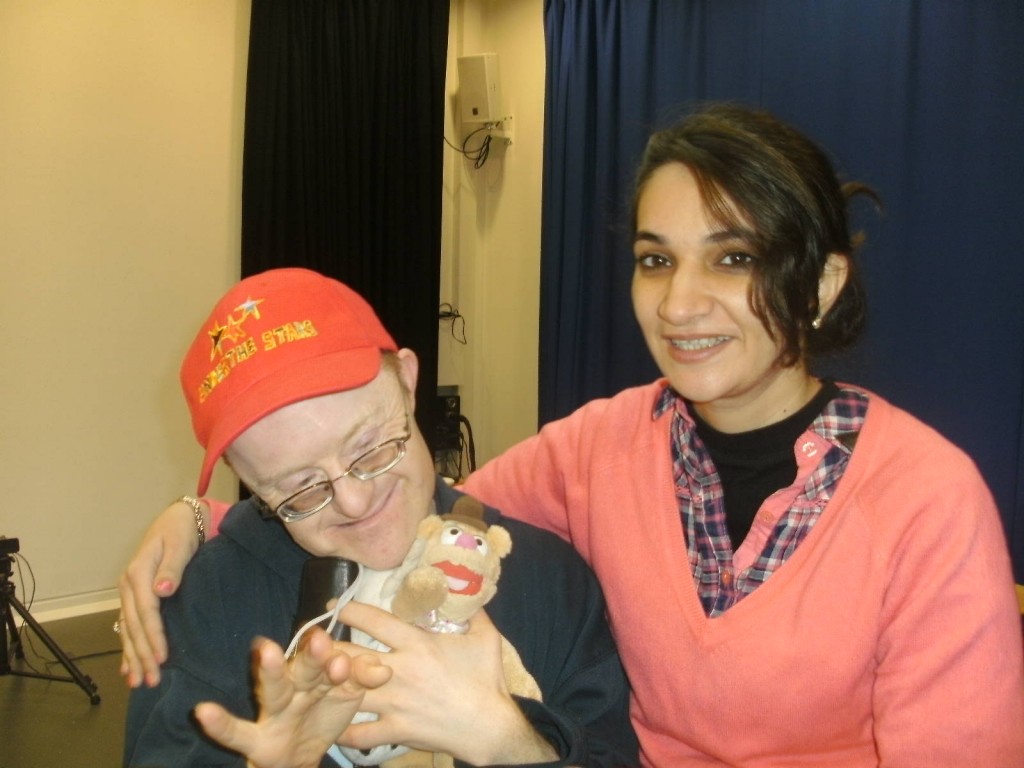
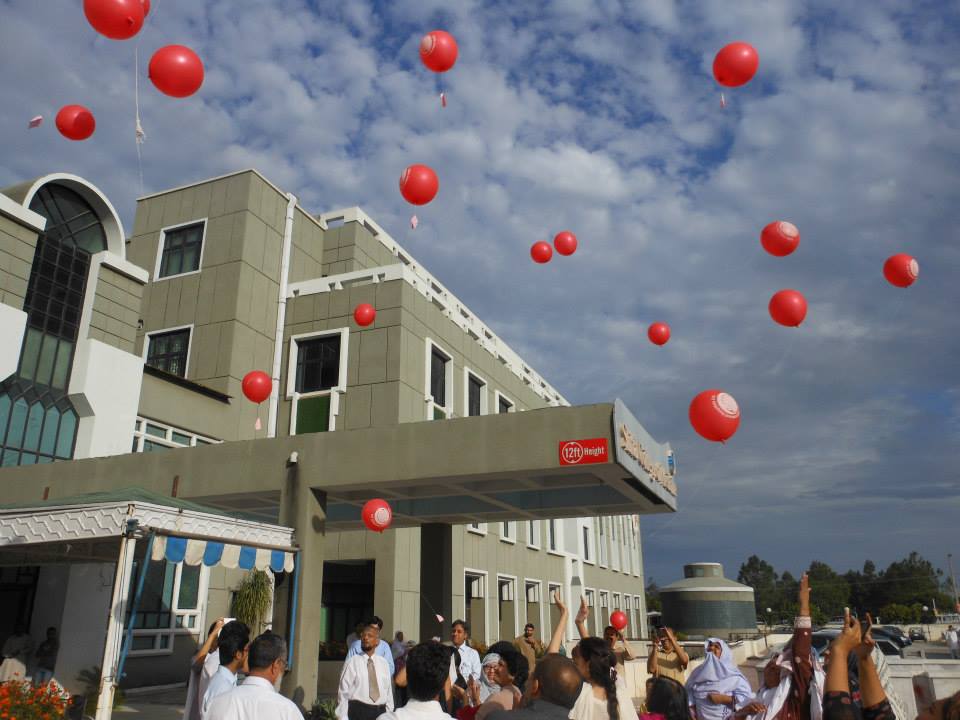
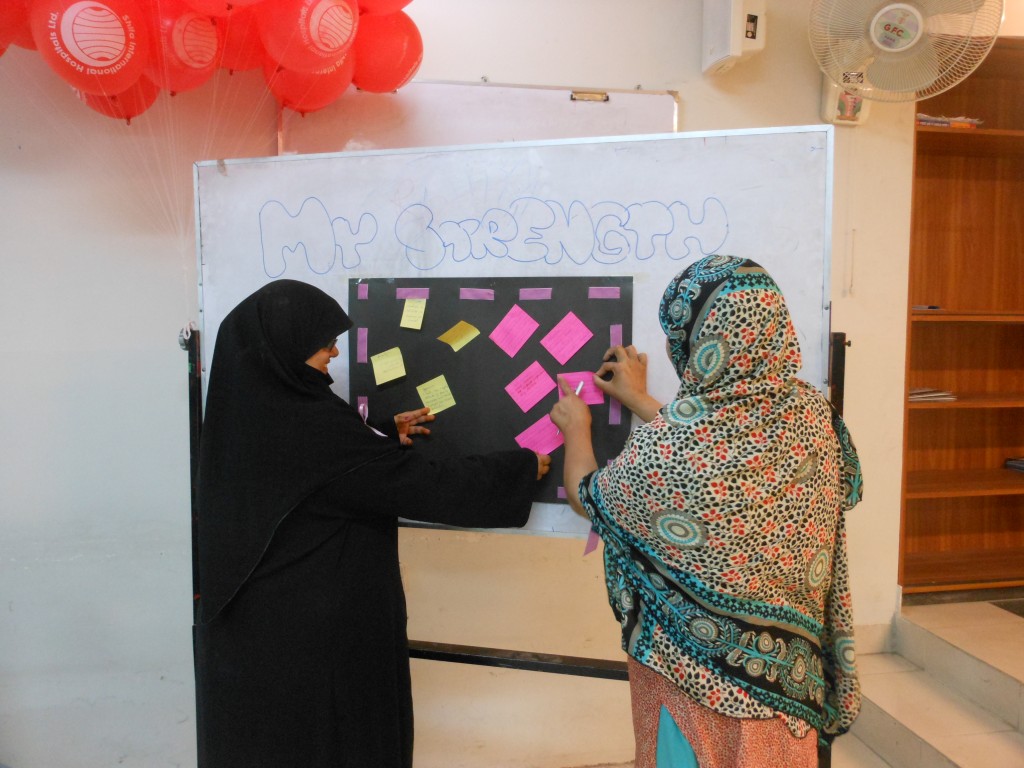
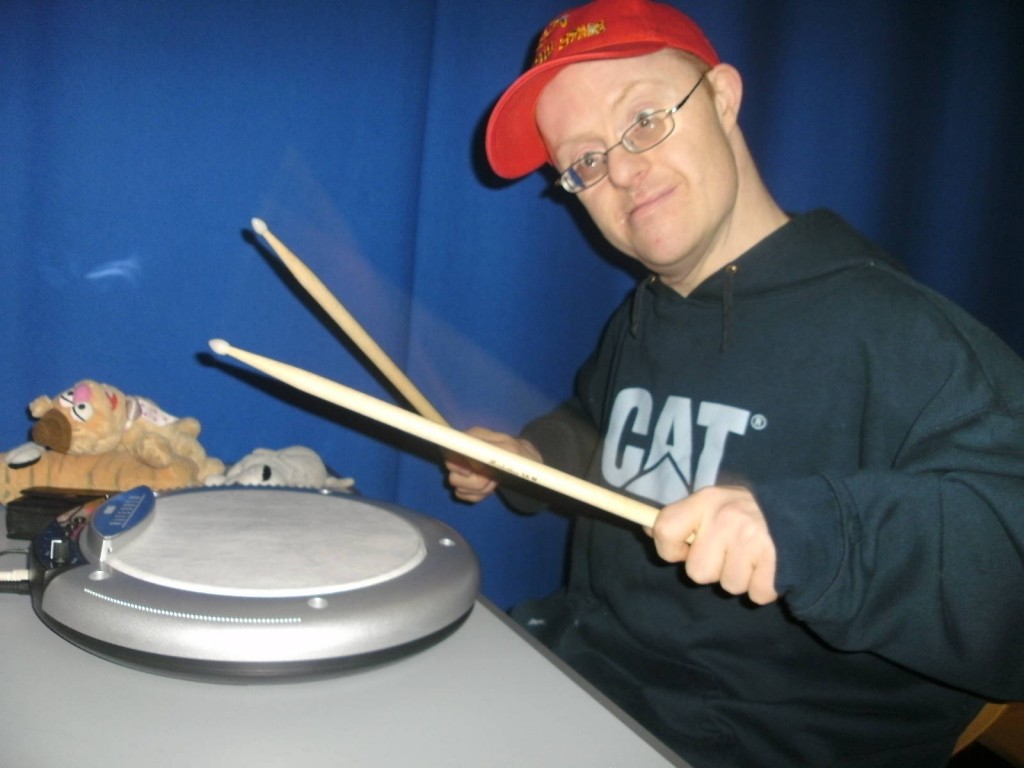
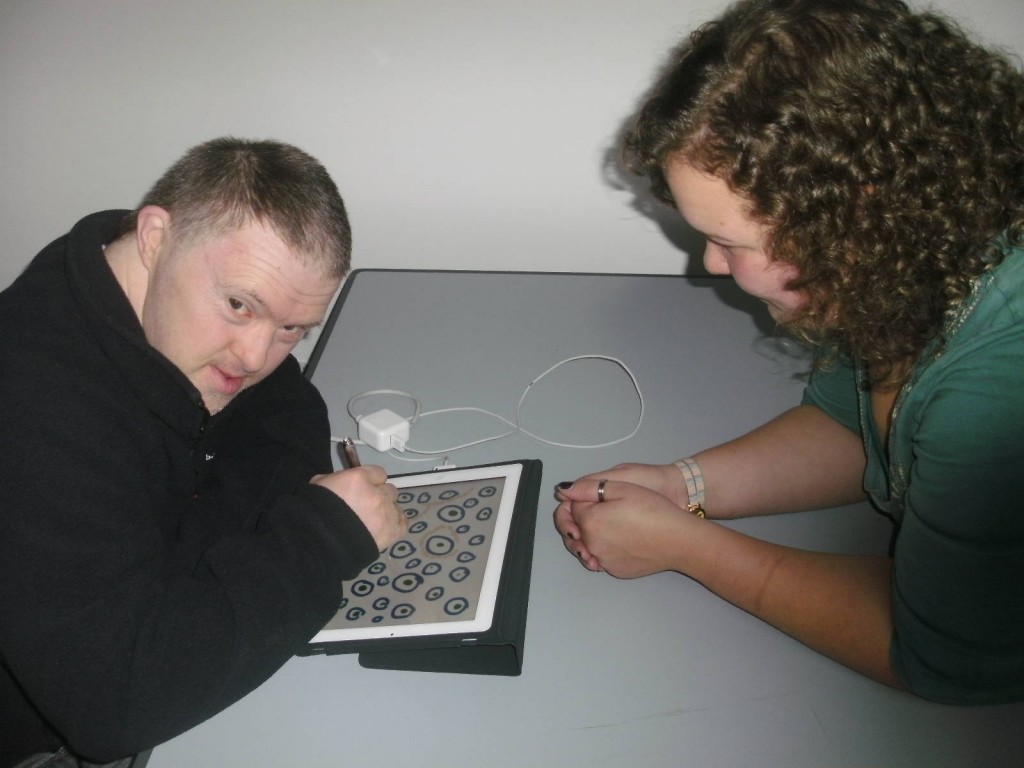
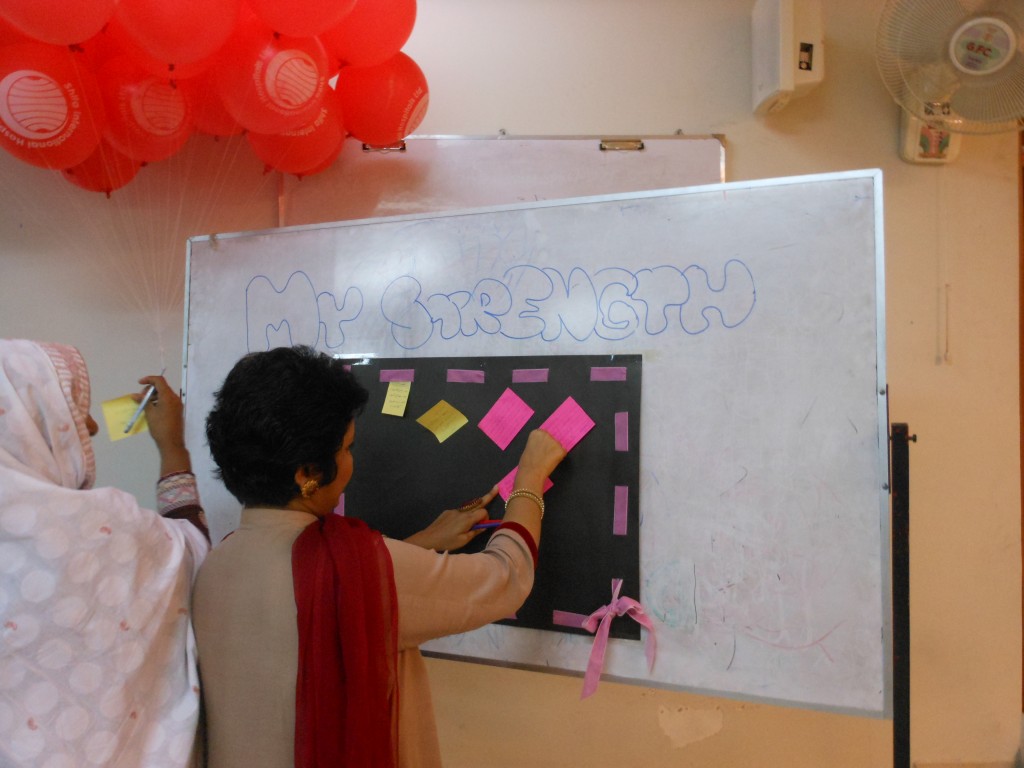
Question: What you do?
Me: Well I work for the hospital besides running my own NGO?
Question: Oh you must be a doctor then?
Me: No, I am a Digital Artist.
Mostly such conversations end up here with no further questions as unfortunately many people in my country do not understand What Digital Art is and what is the role of it in Health care. So it has been a challenge as a young woman to implement such new applications in a digital illiterate environment.
Working for a hospital as an artist has given me immense exposure and experience while designing health campaigns, shooting documentaries, witnessing the first ever successful liver transplant in the country with film camera in my hands inside the operation theater, making brochures, organizing walk for cause, seminars and health carnivals for patient’s education and community health awareness .
HEALTH SUPPORT GROUPS -ONLINE
Shifa International Hospital Islamabad (www.shifa.com.pk) is the second biggest private tertiary care hospital of the Pakistan. For last one year it is working for “Patients support Group Programs”. Support groups provide a safe place where individuals can express their feelings, fears, concerns, anxieties, get educated about a disease and share their strengths, experiences and coping strategies. Unfortunately in Pakistan, no other hospital is providing any support group program, so this concept is quite new to take patients in confidence.
Luckily this responsibility was given to my department. Every time we invite a Physician, patients with their care takers and recovered people with motivational and inspirational stories. Technology and Art Therapeutically exercises were very helpful in conducting theses support group. After conducting support group of various diseases like Diabetes, Autism, Prostrate Cancer, Breast cancer, Physiotherapy it was noticed that women are not actively participating from the patients list and community. The reasons could be many, on further research it was revealed that two major reasons were behind absent female participants.
The social stigma attached to the disease: The Culture matters a lot. Mostly women are hesitant to talk about their disease. Myths and bad omen are associated with such diseases. Even privileged ladies felt to in complex carrying diseases.
The Travel to the venue
In our society women are mostly dependent on their male family member like husband, son and father to take them to venue. Transport system is not developed. Moreover, the growing unstable social, political and economic situation of the surroundings is not considered to be safe to travel.
As a solution to these problems, we introduced Online-Support group. Online support groups are expanding as the general public becomes more comfortable using computer-mediated communication technology. These support groups have certain benefits for users who may not be able to or do not have the desire to attend face-to-face sessions. It gave them privacy and saved their travel hassle.
We started from Breast Cancer Support group first. All the registered patients, concerned care takers, physician and a moderator joined in as a group on social media. Now, another barrier was there to make it running. Unfortunately, most of the ladies being house wives and middle aged women do not know how to use internet and social media. Pakistan is a developing country, technology was introduced late here and initially IT education was expensive. The ladies of 40 years and above never had opportunity to learn to operate computer. Secondly, the trend of working women is now becoming obvious before that our previous generations were preferred to get married at early age and be house wives. Looking at this problem, we have started giving training to use social media and internet. Initially, these ladies were hesitant to learn as they thought school age has gone but encouraging their young care takers at their homes resulted better. Now, their kids are helping them at home to use this effective tool and they are sharing their day to day feelings and problems in privacy on their support group on line page.
INTRODUCING DIGITAL ART IN THE HOSPITAL
The arts are recognized as a powerful tool to aid patients and families through challenging circumstances. A growing body of evidence confirms the benefits of using digital arts in healthcare settings. The US Society for the Arts in Healthcare reports that it
Supports the well-being of patients, families and staff
Create a healing environment
Lower stress and anxiety
The premise is that the creative process allows for artistic self-expression which helps individuals solve conflicts, manage behavior, improve self-esteem, develop self-awareness and insight, manage stress, and develop interpersonal skills. The art therapy process integrates theories of human development, the use of visual arts, and the process of creating.
What is Raise?
Raise is a Multimedia Software Program which detects/ sense the Movement senses and creates artistic objects on sensation. This software is a remarkable innovation for art engagement activities for people with special needs.
How it Works Technically?
The Raise project uses optical recognition to create intuitive video installations, using them in real-time.
An introduction to the digital interactive world of 'Raise'. The performer is the controller and people with Autism and special needs enjoy seeing themselves live on film, let their movements control the images and sounds that appear.
Background: Who Invented Raise?
20 years back in United Kingdom, A Multimedia Artist Mr. Peter, started working with Disable people in Art field and laid a foundation of an Art Community Center named First Movement. First Movement's Level Center is the National Center for Digital Arts Installation with Learning Disabled People.(http://www.first-movement.org.uk/)
Mr. Peter recently started a new program of Research and Development, Raise, which is expanding the range and application of recent technologies over three years of action research.
How I got License to Use Raise in Pakistan?
It was my Internship in United Kingdom last year on behalf of Rastay Arts (www.rastayngo.com), when I had opportunity to discover roles of Arts and Art Managers in Philanthropic Model. I met Mr. Peter at his institution First Movement. It was inspiring to see this old man, a cancer patient himself, working day and night in his IT lab to do Digital Art stuff and writing IT software programs for people with special needs. In my learning discussions I shared a wish to introduce such innovative technology with aesthetics back in my country; Mr. Peter gave me a gift to use this expensive software in Pakistan.
Raise for People with Special Needs
Projects aim to provide a stimulating, positive and supportive atmosphere to encourage active participation. Sessions are rich with choices for each individual to make. They encourage self expression and interaction with other people, and help people to develop confidence and self esteem.
Benefits: New interactions with arts technology
Using the kind of user interfaces introduced through gaming - but in a wildly different way - this project open up "invisible" interfaces to people to enable them to create arts work intuitively.
This will lead to the development of new digital arts installations, and new ways individuals can use these interfaces on their own computers.
It is committed to changing the way learning disabled people see and value their creativity, by placing them in a situation where their work takes place alongside other creative people.
It is my dream to use Art & technology as tool of communication for community awareness and benefit. I want to do workshops nationwide. Art Therapy as opposed to Art Education generally emphasizes process over the finished art product. We in Art Program are not instructors in artistic skills, but rather facilitators of artistic media to help clients/ patients express themselves and project internal issues in order to gain self awareness and insight. Problems and challenges are always there as no one else prominently doing this thing in my country so I always need guidance and infrastructure help. International inspirations and Web are there for help but my culture is different, so it takes time to make people understand and then implement the technology. But I am determined to move ahead.
